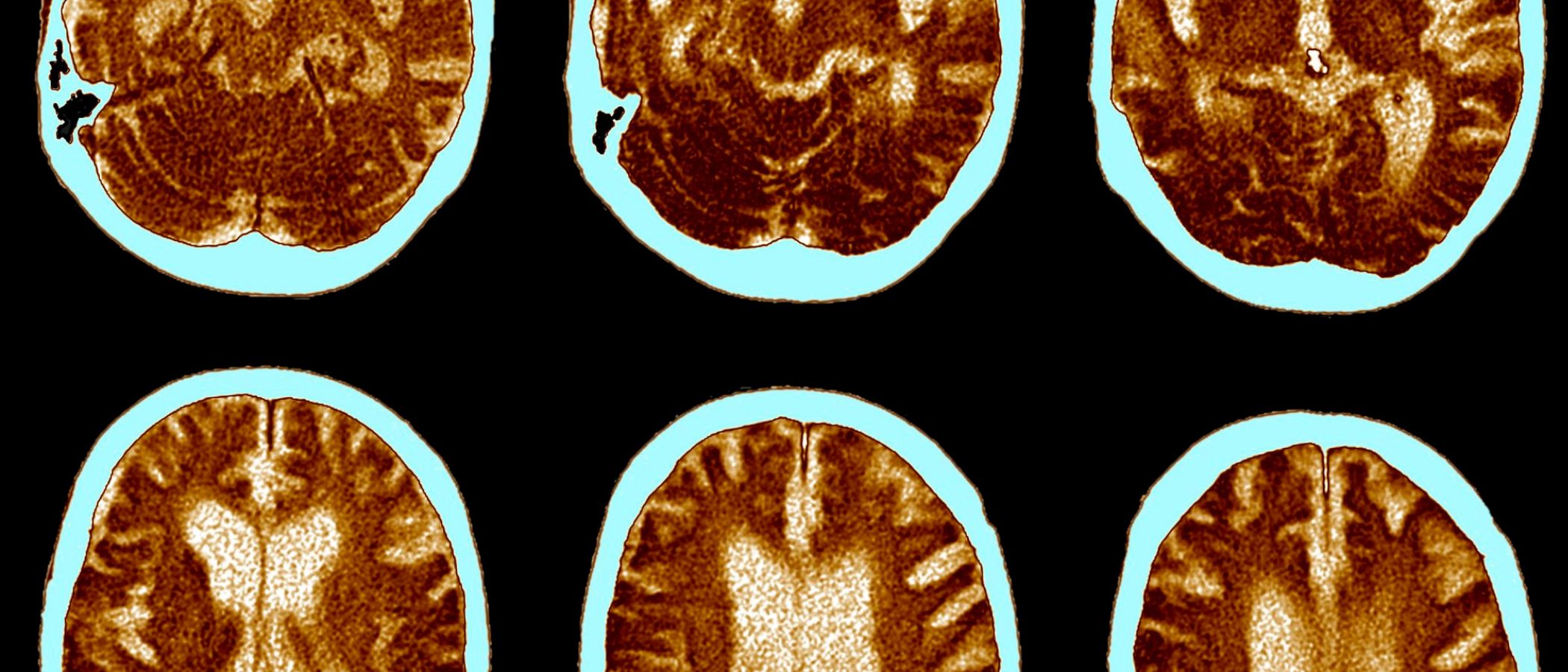Main content
Neurology and Brain Disease: Think Like a Neurologist
Course Overview

This course is designed for the student interested in Neuroscience, Neurology, and most importantly, how it all interacts and impacts people with neurological diseases. The course will encourage learners to think like a neurologist while exploring the curiosities of neurology and neuroscience. Most topics for discussion will involve a patient clinical case and symptoms that result from damage to certain parts of the brain and nervous system. We'll learn hands on exam techniques that help identify and diagnose these disorders. Using lectures, group discussions, and group activities, conversations will take us from anatomy to aphasia, from neurons to neuromuscular disease, and from the mind to memory disorders.
Course Information
- Credit:
- Noncredit
- Grading:
- Satisfactory/Unsatisfactory
- Categories:
- Pre-Med
- Lab Requirement:
- Additional lab fee: $25
Program Information
- Pre-College Program
The Emory Pre-College Program offers students an opportunity to experience many aspects of college life.
Course Dates and Details
| Program | Course Dates | Class Time | Format | Status |
|---|---|---|---|---|
| Pre-College Program | Session A: Sun, Jun 15 - Sat, Jun 28, 2025 |
| on-campus | closed |
Instructors
Isaiah Rolle
Isaiah was born and raised in Harlem, New York City. He studied biology at the HBCU Oakwood University. While in college, he fostered his neuroscience interest with research fellowships at the University of Alabama at Birmingham and Mayo Clinic studying hippocampal neurons in neurodevelopmental disorders. After college he began the Neuroscience Graduate Program and completed his Ph.D., becoming the first African American to earn a Neuroscience Doctorate from the University of Cincinnati. He is the first in his family to become a physician, as well as to earn a Ph.D. His dissertation established the first direct link that abnormal hippocampal granule cells can cause epilepsy. Isaiah's passion for people with neurological health challenges subsequently led him to study Osteopathic Medicine at Ohio University. While in medical school, Isaiah mentored minority students and is passionate about mentorship and diversity in medicine. Because of his interest in neuroscience research, minority health, and mentorship in academia, he believes Emory Neurology is no better fit to practice as a Vascular Neurologist.